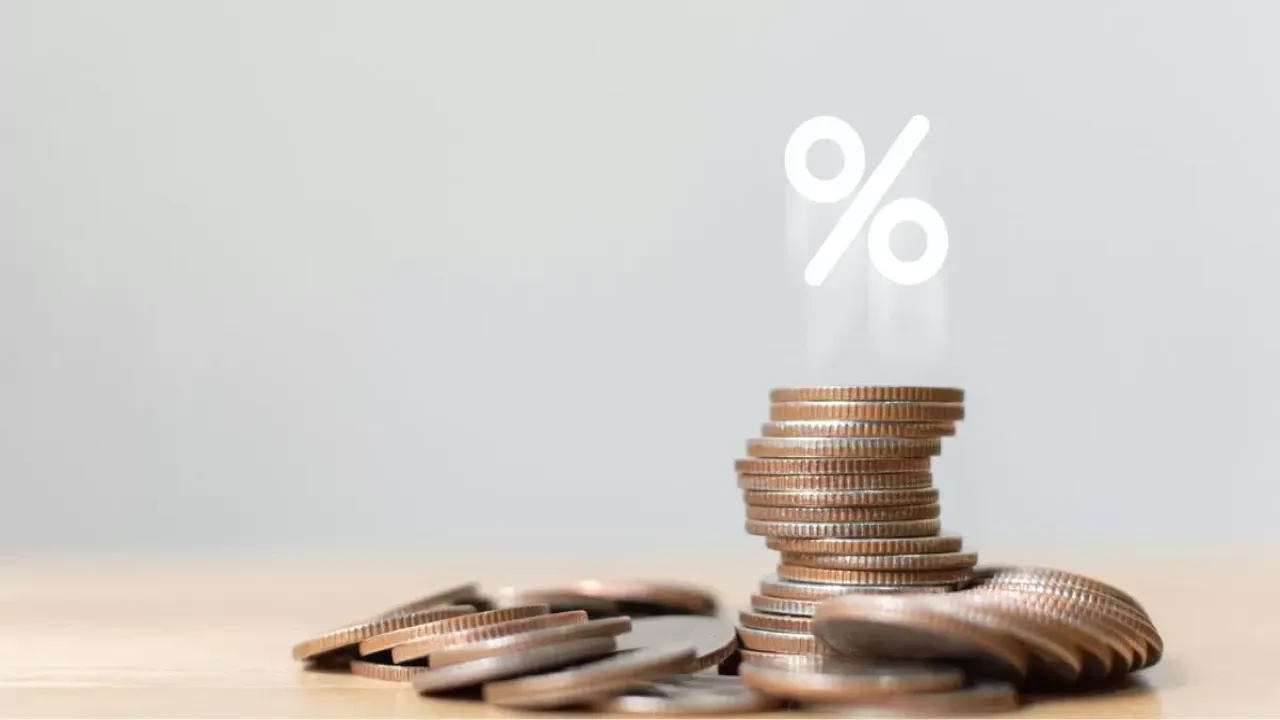Is a Debt Consolidation Loan Right for You?

Debt can be overwhelming—especially when it comes from multiple sources like credit cards, personal loans, or medical bills. If you find yourself juggling multiple payments, interest rates, and due dates, a debt consolidation loan might sound like an attractive solution. But is it the right move for you? Let’s break it down.
What Is a Debt Consolidation Loan?
A debt consolidation loan combines multiple debts into a single loan with one monthly payment. Instead of keeping track of various creditors and interest rates, you only need to manage one loan—usually with a fixed term and a predictable interest rate.
For example, if you owe money on three credit cards with high interest, a consolidation loan can pay off those balances. You’ll then repay the consolidation loan over time, ideally at a lower interest rate and with more manageable monthly payments.
The Benefits of Debt Consolidation
Debt consolidation loans offer several advantages, particularly for those struggling with multiple unsecured debts:
1. Simplified Payments
Managing one payment each month can reduce the mental burden and help you stay organized. No more juggling different due dates or risking late fees.
2. Lower Interest Rates
If you have good credit, you may qualify for a consolidation loan with a lower interest rate than your existing debts—especially credit cards. This means you pay less over time.
3. Improved Credit Score
Consolidating debt may improve your credit utilization ratio and payment history, two factors that influence your credit score. Timely payments on the new loan can also boost your credit over time.
4. Faster Debt Repayment
With a structured repayment plan, you may be able to get out of debt sooner compared to making minimum payments on high-interest credit cards.
When It Might Not Be the Right Fit
While debt consolidation can be helpful, it’s not for everyone. Here are some situations where it may not be the best option:
-
Poor Credit Score: If your credit score is low, you may not qualify for favorable loan terms, making consolidation less effective or even more expensive.
-
Underlying Spending Habits: A consolidation loan won’t fix the root cause of your debt. If overspending is the issue, without addressing it, you could end up in deeper debt.
-
High Fees or Penalties: Some loans come with origination fees or prepayment penalties. Always read the fine print before committing.
-
Secured Loans Risk: Some consolidation loans are secured with collateral, like your home or car. If you default, you risk losing that asset.
How to Decide
Ask yourself the following questions:
-
Are you committed to avoiding new debt?
-
Can you qualify for a better interest rate?
-
Do you have a plan to repay the consolidation loan on time?
Final Thoughts
A debt consolidation loan can be a powerful tool to regain control of your finances—when used correctly. By simplifying payments, lowering interest, and creating a clear payoff path, it may help you break free from the cycle of debt. Just be sure it aligns with your financial goals and habits before making the leap.
- Questions and Answers
- Opinion
- Motivational and Inspiring Story
- Technology
- Live and Let live
- Focus
- Geopolitics
- Military-Arms/Equipment
- Security
- Economy
- Beasts of Nations
- Machine Tools-The “Mother Industry”
- Art
- Causes
- Crafts
- Dance
- Drinks
- Film/Movie
- Fitness
- Food
- Games
- Gardening
- Health
- Home
- Literature
- Music
- Networking
- Other
- Party
- Religion
- Shopping
- Sports
- Theater
- Health and Wellness
- News
- Culture

